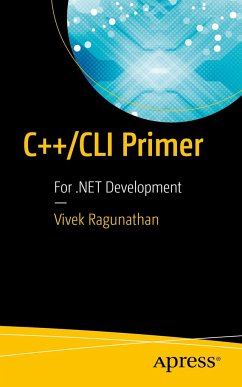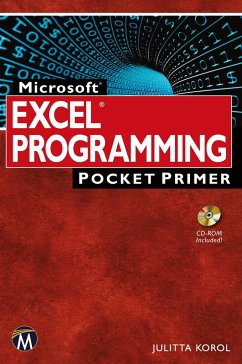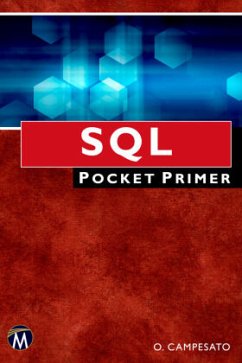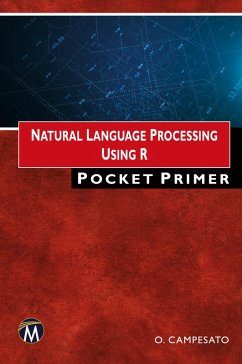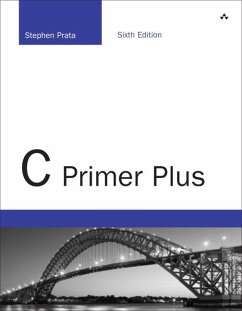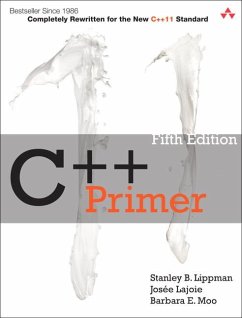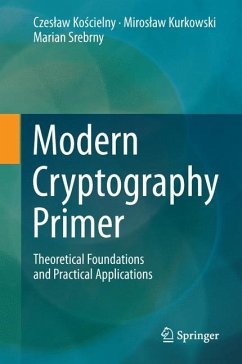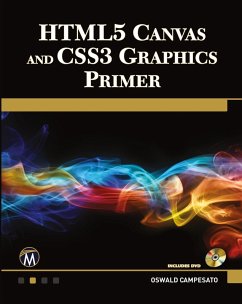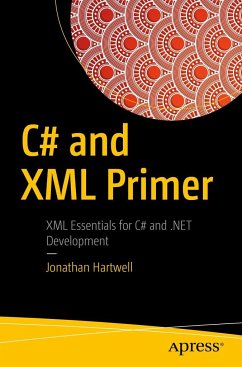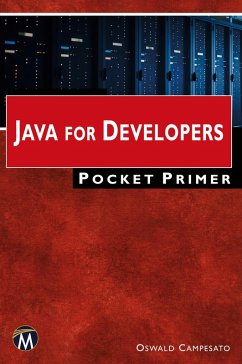Nicht lieferbar
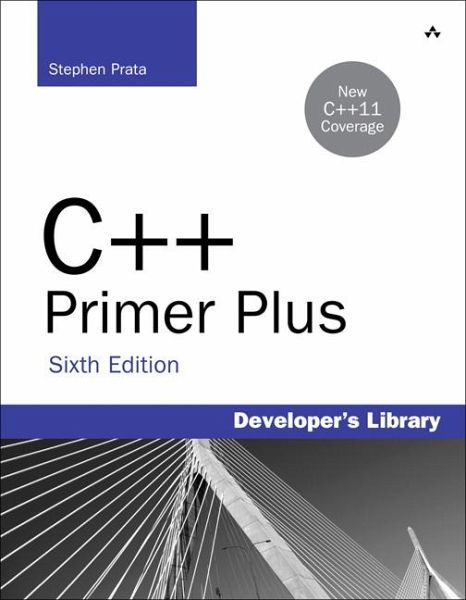
C++ Primer Plus
C++ Primer Plus is an approachable yet technically rigorous guide to C++ for programmers new to the language. This new edition updates it with the most important features added to the C++11 standard, while keeping the style and approach which have made the previous editions so popular. It contains extensive new code samples and exercises, for both classroom use and self-study.





